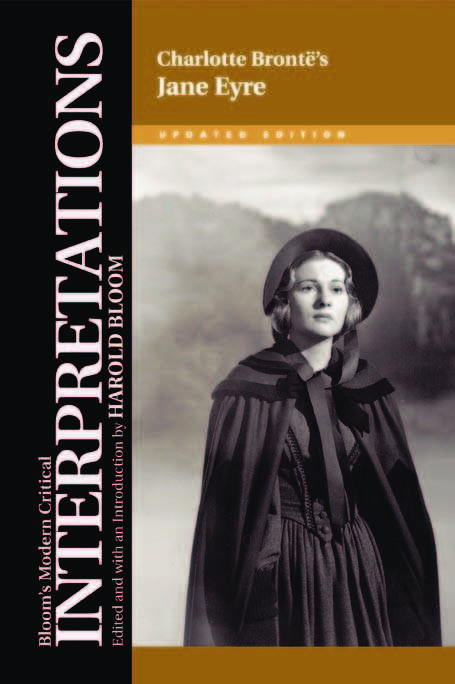So, this whole question about Rochester and Bertha from Jane Eyre – whether he, you know, did the unthinkable. It’s been rolling around in my head for a bit, and it’s not as simple as a yes or no, lemme tell ya. It’s one of those things where the more you poke at it, the more complicated it gets.
My journey with this really kicked off a while back. I decided to re-read Jane Eyre. I hadn’t touched it in years, probably since I was a teenager. Back then, it was all about the brooding hero and the plucky governess, a grand romance. Bertha? She was just… the obstacle. The crazy lady upstairs. That’s how I remembered it, plain and simple. Just a plot point to make things difficult for Jane and Rochester.
But picking it up again, older, having seen a bit more of the world, or maybe just having more time to actually think while reading… Wow. It was like reading a completely different book. I started to slow down, especially around the parts concerning Bertha. It wasn’t a conscious thing at first, like I was hunting for clues, but I just found myself rereading sentences, paragraphs even. Things I’d glossed over as a kid suddenly felt… heavy.
My Deep Dive into the Attic (Figuratively, of Course)
I really got into Rochester’s descriptions of her. How he talked about her, what he said she did. And then what he actually did to her – shipping her across the ocean, locking her away for a decade, basically treating her like an animal, not a person. The book paints him as tormented, sure, but I started to see his side of the story as just that – his side. And it felt incredibly self-serving.
I remember thinking, okay, let’s set aside what Rochester says and his justifications, and just look at the bare facts presented in the story:
- He married her. The reasons are a bit clouded by his own narrative, but it happened.
- She develops a severe mental and perhaps physical condition.
- Instead of any kind of care or attempt at understanding (even by the standards of the time, which were grim, I know), he chose to imprison her. Secretly. For years.
- He controlled her entire existence. She was his prisoner, hidden away, while he lived his life downstairs.
That’s the stuff that started to really get under my skin. It wasn’t some academic paper I was trying to write, or a debate I wanted to win. It was just me, on my old armchair, with this classic novel, feeling genuinely disturbed by what I was now seeing. It was like looking at an old family photo and suddenly noticing something really troubling in the background you’d never seen before.

So, when people ask if Rochester raped Bertha, the book doesn’t give you a courtroom confession scene with a spotlight on him. It doesn’t use that specific word in that specific context. Let’s be honest, the concept of marital rape, especially concerning a woman deemed “mad,” wasn’t exactly a mainstream topic of discussion back in the 1840s. Women’s rights, bodily autonomy? Those were not the terms of the day for someone in Bertha’s position.
But here’s the thing I landed on after sitting with it for a good long while: when one person has absolute physical and psychological control over another, when they’ve stripped them of their freedom, their voice, their very humanity… what do you think happens in that dynamic? Especially when the captor, Rochester, clearly still felt entitled to a physical relationship – he was actively trying to commit bigamy with Jane while Bertha was still alive, his legal wife, locked away upstairs.
He talks about her “excesses,” her “intemperance,” her “common, low propensities.” These are pretty loaded, vague terms, aren’t they? Given he kept her locked up, alive, and technically his wife, the awful thought that he might have continued to exert what he considered his ‘marital rights’ whenever he chose to… well, it’s not a huge leap for the imagination, is it? It’s a chilling possibility, but it’s a shadow that looms large over their story once you start looking past the romantic veneer. He had the power, the opportunity, and by the standards of the era, likely the perceived ‘right’.
For me, it’s less about finding a single sentence that screams ‘he did it’ and more about understanding the total coercive environment he created and maintained for years. The power imbalance was absolute. And in that kind of suffocating setting, true consent is just impossible. So, while Charlotte Brontë might not have spelled it out in 21st-century terms, the horrifying implications are all there if you read it with your eyes wide open to the power dynamics at play. That’s what my little re-reading project taught me. It changed the whole book for me, honestly. It stopped being just a gothic romance and became something a lot darker, a lot more unsettling.










